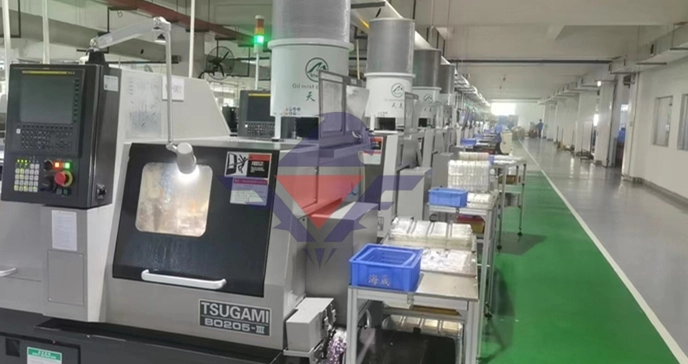Endotoxin Detection Kits for Accurate Bacterial Toxin Measurement

# Endotoxin Detection Kits for Accurate Bacterial Toxin Measurement
## Understanding Endotoxins and Their Impact
Endotoxins, also known as lipopolysaccharides (LPS), are toxic components found in the outer membrane of Gram-negative bacteria. These molecules can trigger strong immune responses in humans and animals, potentially leading to fever, septic shock, or even death in severe cases. Accurate detection and measurement of endotoxins are crucial in pharmaceutical manufacturing, medical device production, and water quality control.
## The Importance of Reliable Endotoxin Assay Kits
Endotoxin assay kits provide a standardized method for detecting and quantifying bacterial endotoxins in various samples. These kits are essential for:
– Quality control in pharmaceutical production
– Safety testing of medical devices
– Environmental monitoring
– Research applications in microbiology and immunology
## Types of Endotoxin Detection Methods
Modern endotoxin detection kits utilize different methodologies to ensure accurate results:
### 1. Limulus Amebocyte Lysate (LAL) Tests
The most widely used method, LAL tests come in three main formats:
– Gel-clot assay
– Turbidimetric assay
– Chromogenic assay
### 2. Recombinant Factor C (rFC) Assays
A synthetic alternative to LAL that offers several advantages:
Keyword: Endotoxin Assay Kits
– No reliance on horseshoe crab blood
– Consistent reagent quality
– Reduced batch-to-batch variability
## Choosing the Right Endotoxin Assay Kit
When selecting an endotoxin detection kit, consider these factors:
– Sensitivity requirements
– Sample matrix compatibility
– Regulatory compliance (USP, EP, JP)
– Throughput needs
– Budget constraints
## Applications Across Industries
Endotoxin assay kits serve critical roles in multiple sectors:
### Pharmaceutical Industry
Ensuring parenteral drugs and vaccines are free from harmful endotoxin contamination is a regulatory requirement. These kits help maintain compliance with pharmacopeial standards.
### Medical Device Manufacturing
From implants to surgical instruments, endotoxin testing verifies that medical devices meet safety standards before patient use.
### Water Treatment Facilities
Monitoring endotoxin levels in drinking water and wastewater helps protect public health and assess treatment effectiveness.
## Best Practices for Endotoxin Testing
To achieve reliable results with your endotoxin assay kit:
– Follow manufacturer instructions precisely
– Maintain proper sample handling procedures
– Validate the assay for your specific application
– Implement appropriate controls
– Ensure proper storage of reagents
## Future Trends in Endotoxin Detection
The field continues to evolve with advancements such as:
– Automated testing platforms
– Improved recombinant technologies
– Higher sensitivity detection methods
– Portable testing solutions for field applications
By selecting the appropriate endotoxin assay kit and following best practices, laboratories can ensure accurate bacterial toxin measurement for various critical applications.

